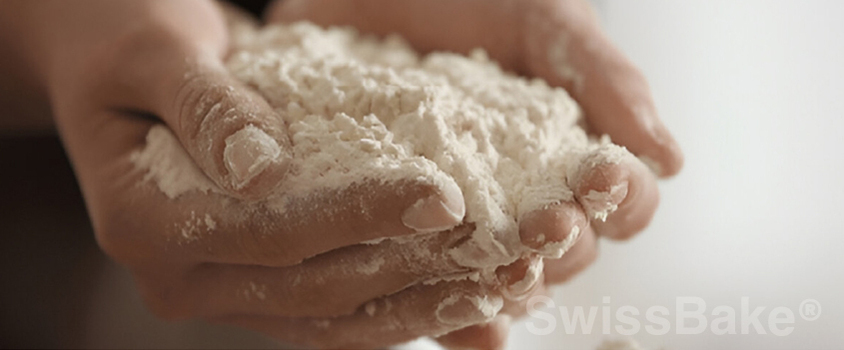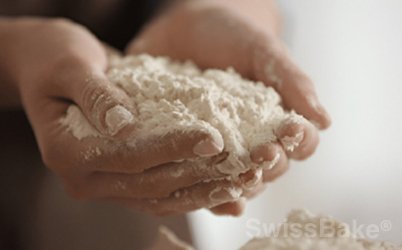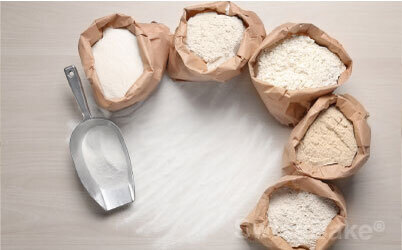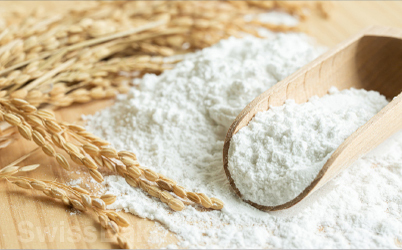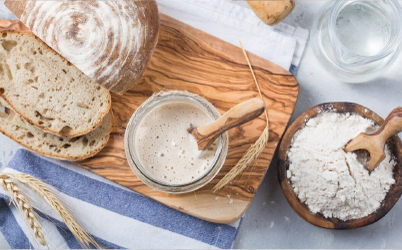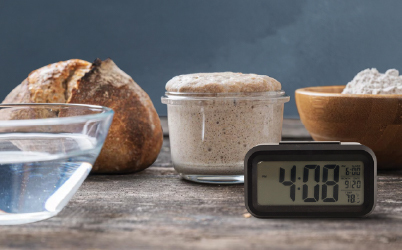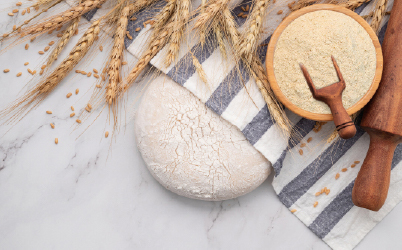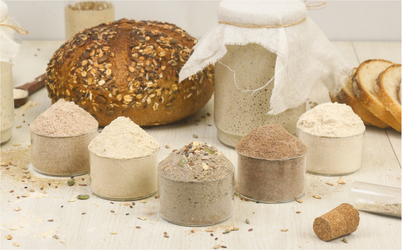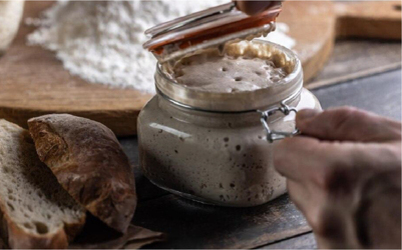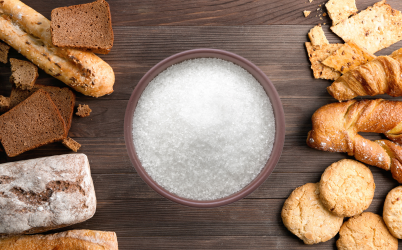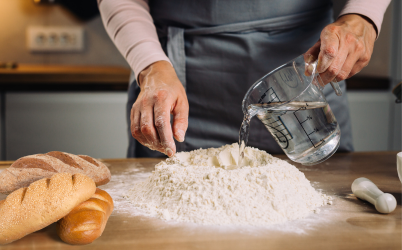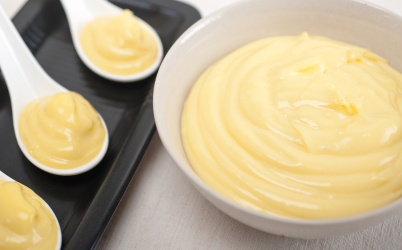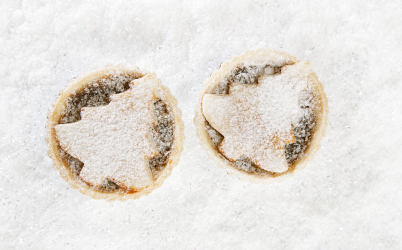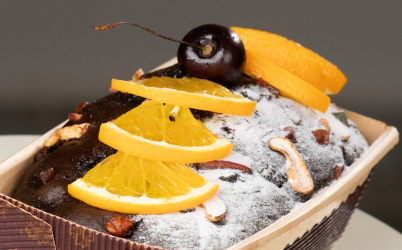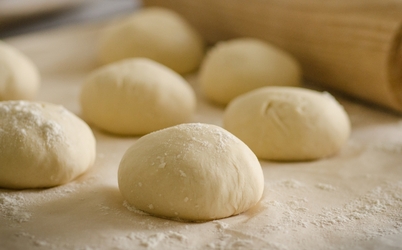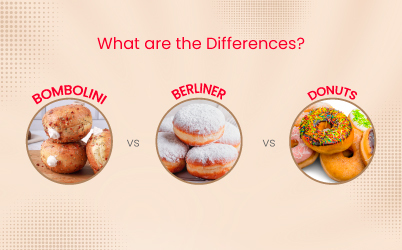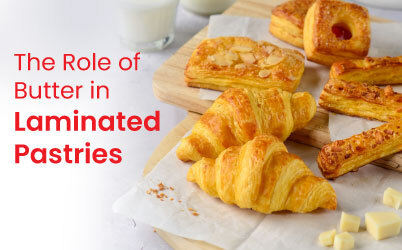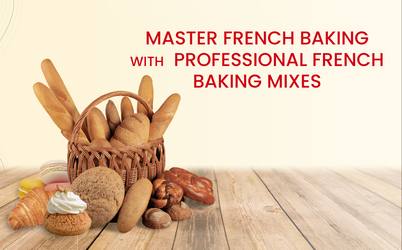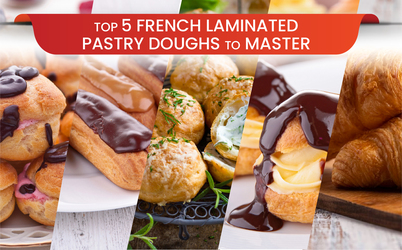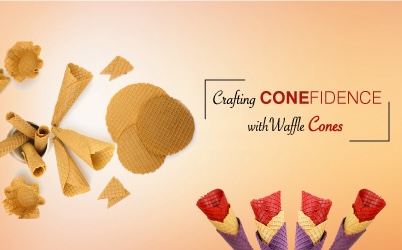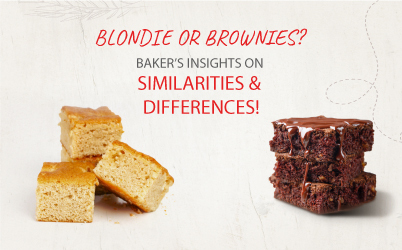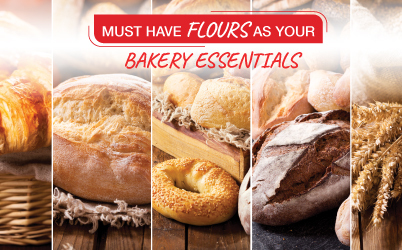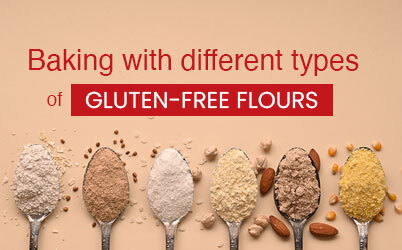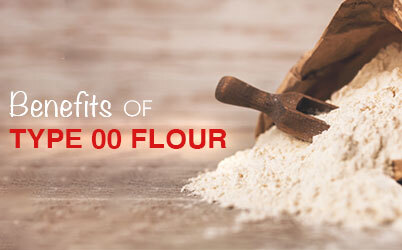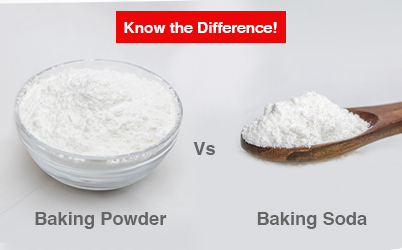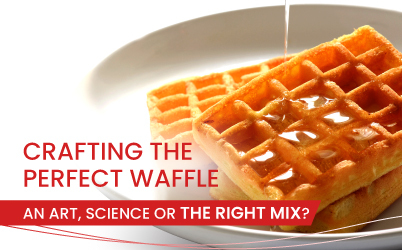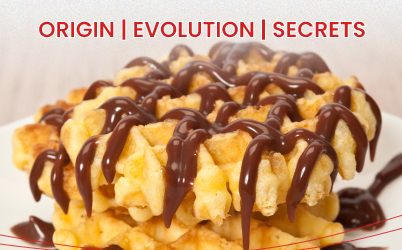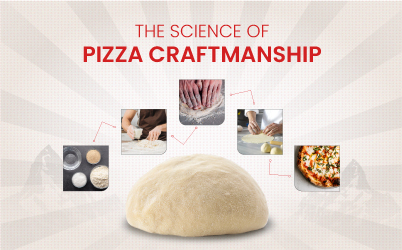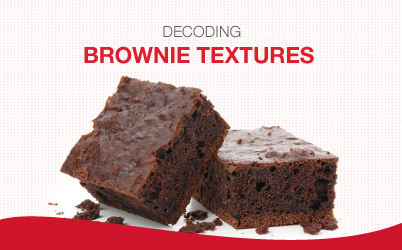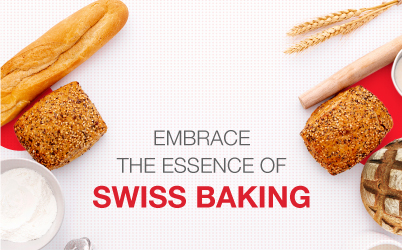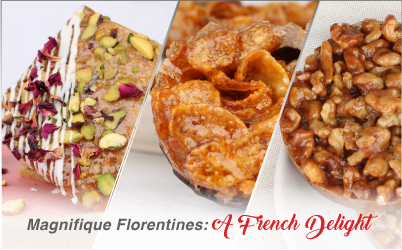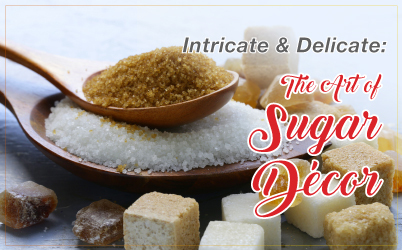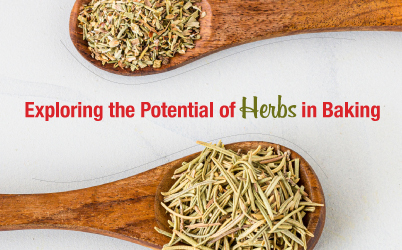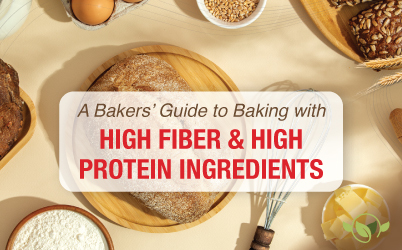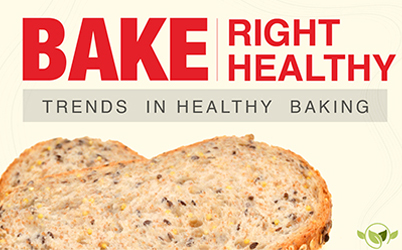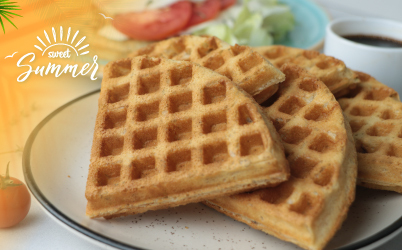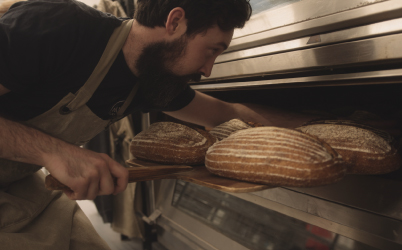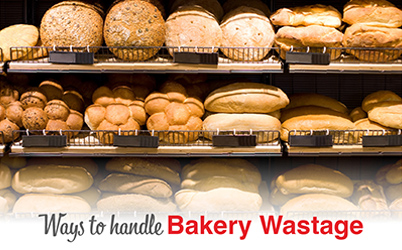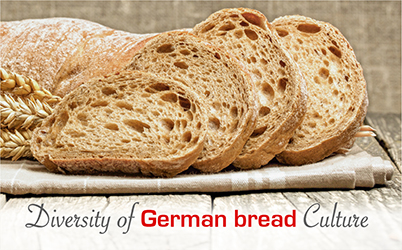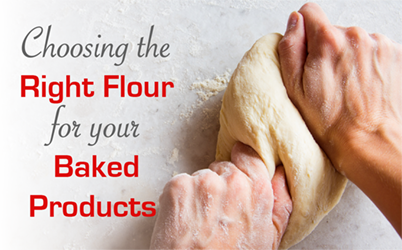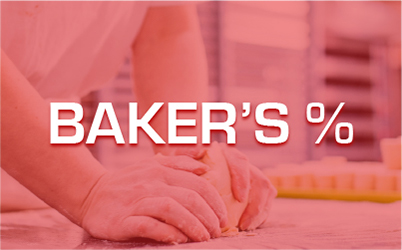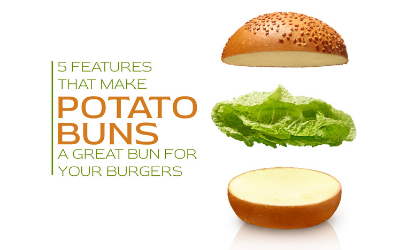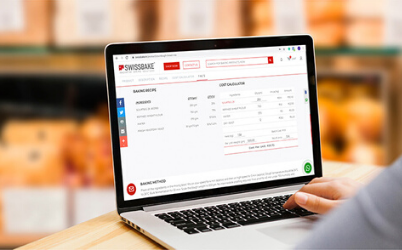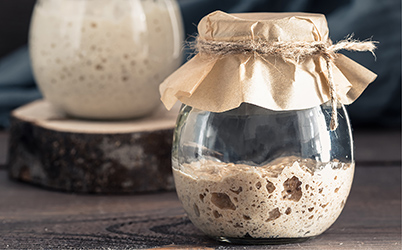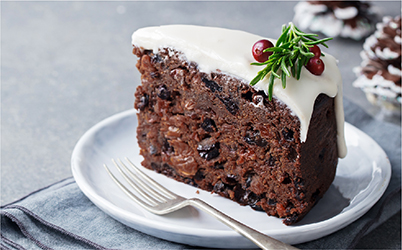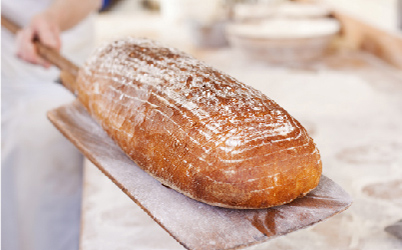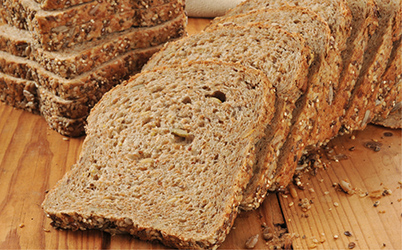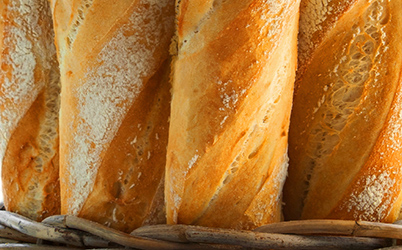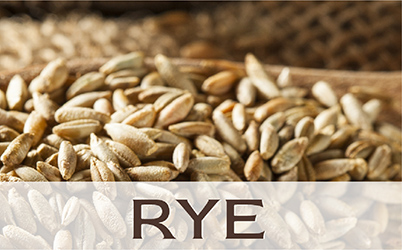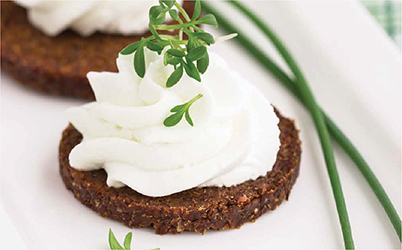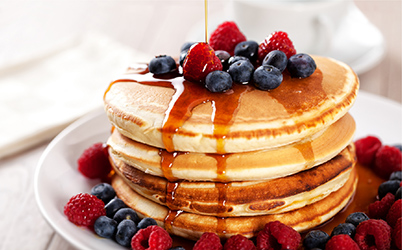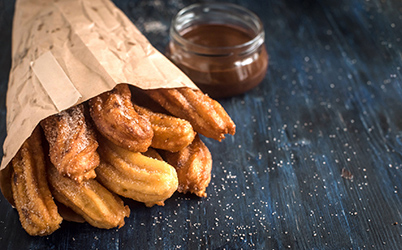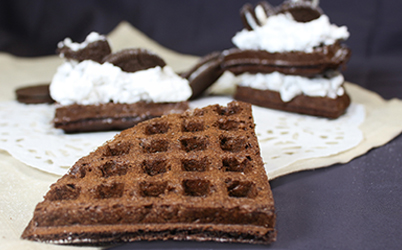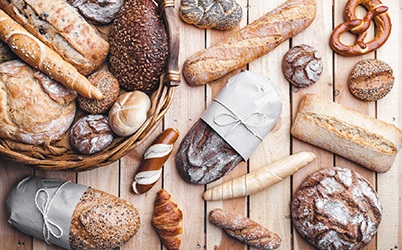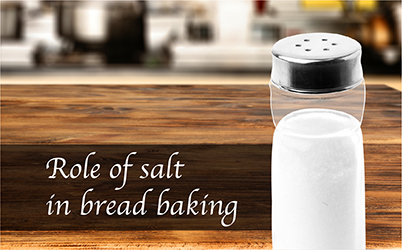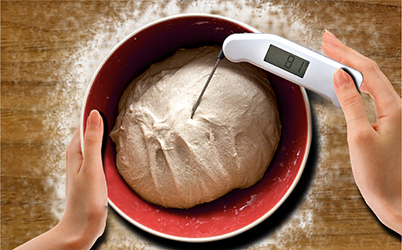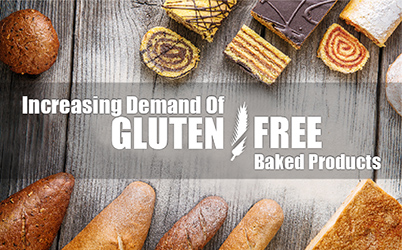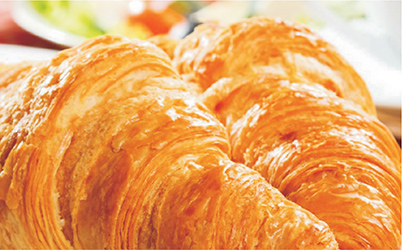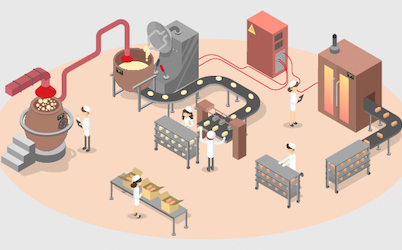Flour Selection: Choosing the Right Type of Flour for Baking Recipes
In this comprehensive guide, we explore the importance of flour selection and how different flour types contribute to various baking applications.
Understanding Flour Types and Their Roles in Baking Recipes
Each flour type serves a specific purpose, and selecting the right one ensures consistency and excellence in baking. Below, we break down the most widely used flour types and their ideal applications.
T00 Flour: The Gold Standard for Pizza Perfection
T00 flour, commonly known as pizza flour, is a finely milled soft wheat flour with a low-to-medium protein content. This makes it ideal for creating elastic and stretchable pizza dough with a perfect balance of chewiness and crispness.- Best Used For: Neapolitan pizza, Roman-style pizza, focaccia, and flatbreads.
- Why It Works: The fine milling allows for easy dough stretching, excellent hydration absorption, and a light yet structured crust.
T45 Flour: The Cake and Pastry Flour for Pâtisserie Finesse
T45 flour, also known as cake and pastry flour, is a low-protein flour designed for tender, airy, and delicate bakes. It is essential for producing light-textured pastries and cakes.- Best Used For: Sponge cakes, choux pastry, puff pastry, croissants, éclairs, and macarons.
- Why It Works: The low gluten content prevents excessive chewiness, resulting in melt-in-the-mouth textures.
T55 Flour: The All-Purpose Choice for Viennoiserie Versatility
T55 flour is a moderately strong all-purpose flour used widely in French baking. It strikes a balance between elasticity and softness, making it highly versatile for a variety of baked goods.- Best Used For: Baguettes, croissants, brioche, Danish pastries, and puff pastry.
- Why It Works: The protein level supports both structure and tenderness, crucial for laminated doughs and enriched dough recipes.
T65 Flour: The Secret Bread Flour to Boulangerie Brilliance
T65 flour, often referred to as bread flour, has a slightly higher protein content than T55, making it suitable for artisan-style bread baking.- Best Used For: French bread, ciabatta, sourdough loaves, rustic rolls, and focaccia.
- Why It Works: The protein level ensures excellent gluten development, giving the bread its signature chew and structure.
T80 Flour: Artisan Flour for Depth and Character
T80 flour, known as artisan flour for baking, is a semi-wholegrain flour that delivers enhanced depth of flavor and a slightly denser crumb compared to traditional white flours.- Best Used For: Country-style loaves, whole-grain sourdough, seeded breads, and hearty baguettes.
- Why It Works: Retaining more bran and germ, T80 flour provides more nutrition, flavor complexity, and a denser texture ideal for rustic breads.
T150 Flour: The Wholesome Wonder of Wholewheat Flour
T150 flour is a wholewheat flour rich in fiber, minerals, and nutrients. It offers a robust, earthy flavor while adding significant health benefits to baked goods.- Best Used For: Whole wheat bread, high-fiber muffins, whole-grain rolls, and flatbreads.
- Why It Works: The bran and germ contribute to a rich, hearty texture while requiring additional hydration for best results.
T1080 Flour: The Rustic Charm of Rye Flour
T1080 flour, often categorized as rye flour, is perfect for dense, flavorful loaves with a distinct taste and deep, complex aroma.- Best Used For: Traditional rye bread, pumpernickel, German and Eastern European-style bread, and sourdough blends.
- Why It Works: The naturally lower gluten content provides a hearty, slightly chewy texture with excellent moisture retention.
Key Considerations for Flour Selection in Professional Baking Recipes
Selecting the right flour for your bakery or commercial kitchen involves understanding how different properties influence baking outcomes. Here are key factors to consider:1. Protein Content and Gluten Development
- Higher protein flours (e.g., T65, T55) provide stronger gluten networks essential for bread and laminated pastries.
- Lower protein flours (e.g., T45) create soft, delicate textures ideal for cakes and fine pastries.
2. Hydration Absorption
- Flours with higher bran content (e.g., T80, T150) require more water due to their absorption capabilities.
- Fine-milled flours (e.g., T00, T45) hydrate quickly, making them ideal for doughs requiring extensibility.
3. Texture and Final Product Quality
- Choosing the correct flour determines the texture of the final baked product, from chewy and airy (T65 bread flour) to crumbly and tender (T45 pastry flour).
Optimizing Flour Usage in Commercial and Industrial Bakeries
For large-scale bakeries and industrial production, consistency is key. Choosing the right flour ensures quality control and repeatability in high-volume baking. Here’s how professionals can optimize flour usage:- Standardized Flour Selection: Maintain consistency by using designated flour types for specific baked goods.
- Batch Testing: Test flour batches for protein levels and water absorption to adjust recipes accordingly.
- Storage and Handling: Store flour in climate-controlled environments to preserve quality and prevent contamination.
- Customization: Blend flours (e.g., T65 with T80) for unique texture combinations suited to artisanal and specialty breads.
Final Thoughts: Elevating Baking with the Right Flour Type
Flour selection is an art and science that significantly impacts the success of baking recipes. From creating the perfect Neapolitan pizza with T00 flour to achieving the ideal flaky viennoiserie with T55 flour, understanding the characteristics of each type allows bakers to refine their craft.Whether you're operating a high-volume bakery or crafting artisanal sourdough, using the right flour type ensures the best flavor, texture, and consistency. Investing in high-quality flour like SwissBake’s range guarantees professional results tailored to your baking needs.
By mastering flour selection, professional bakers and chefs can unlock new levels of precision, creativity, and excellence in their baked goods.
Looking for the best flour for your bakery? Explore SwissBake’s premium flour range today!

